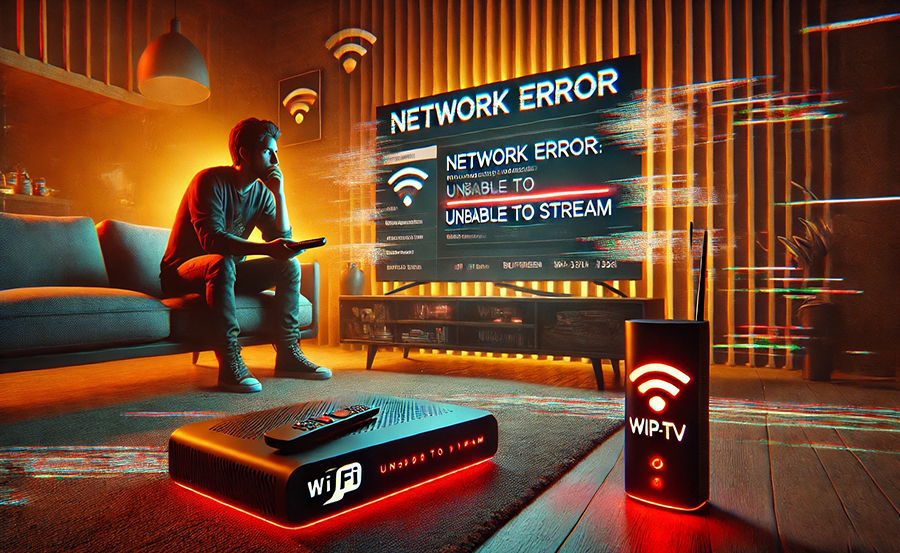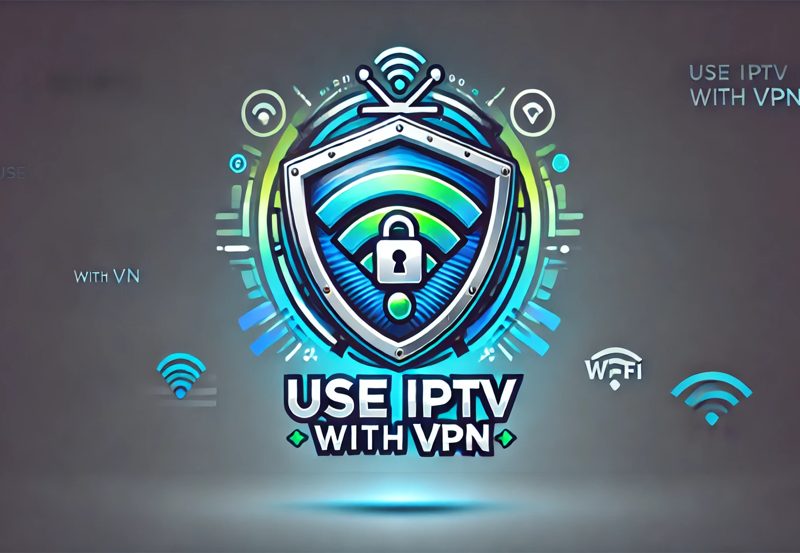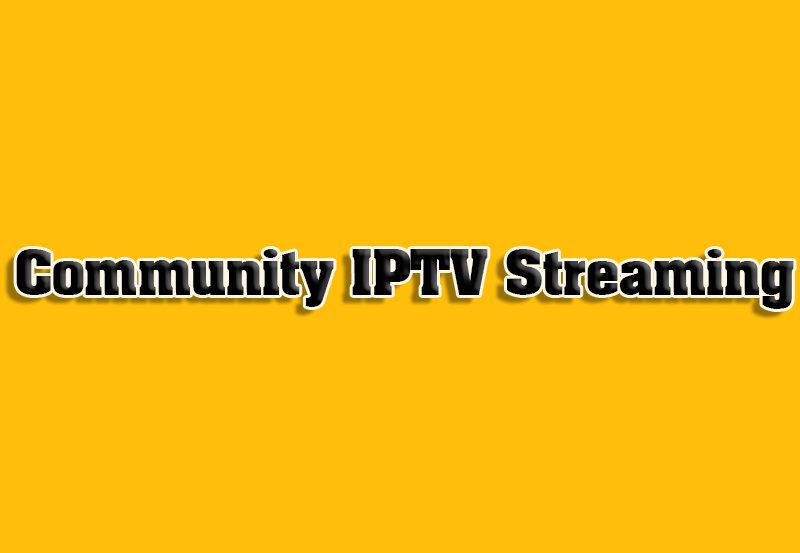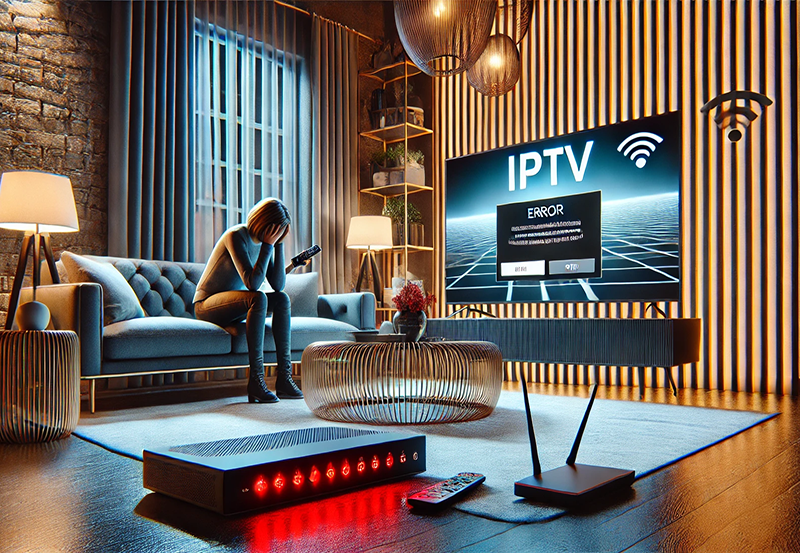In today’s era of digital entertainment, optimizing your home network for IPTV streaming isn’t just a luxury—it’s a necessity. If you’ve ever found yourself frustrated with buffering or poor quality streams, you’re not alone. As more of us rely on streaming services for our daily dose of entertainment, ensuring smooth, high-quality IPTV becomes essential. But where do you start? In this guide, we’ll walk you through everything from basic setups to advanced configurations, so you can upgrade your TV experience today with minimal hassle. Buy 1 Year IPTV Subscription and Enjoy Unlimited Content
Understanding the Basics of IPTV
Before diving into optimization techniques, it’s crucial to understand what IPTV is. Unlike traditional broadcasting methods, IPTV (Internet Protocol Television) delivers content over internet networks. This method provides several advantages: greater choice, better customization, and, often, lower costs. However, to enjoy the best IPTV experience, it requires a stable and reliable network.
Setting Up Your Home Network
Choosing the Right Router
One of the first steps to enhancing your IPTV experience is selecting the appropriate router. Not all routers are created equal, and a subpar device can impede performance. Look for routers that support the latest Wi-Fi standards (Wi-Fi 6 is highly recommended) and provide robust coverage for your home.
Optimizing Router Placement
The placement of your router can greatly influence signal strength. Ideally, your router should be placed centrally in your home and elevated (such as on a shelf or mounted on a wall). Avoid placing it near thick walls or metal objects which can obstruct signal paths.
Enhancing Network Connectivity
Connecting Devices Via Ethernet
While Wi-Fi is convenient, an Ethernet connection provides a more stable and faster connection. If possible, connect your streaming device directly to the router using an Ethernet cable to ensure a seamless viewing experience.
Using Powerline Adapters
If running Ethernet cables is impractical, powerline adapters are a viable alternative. They transmit internet signals through your home’s electrical wiring, offering a more reliable connection than Wi-Fi, especially in larger homes.
Managing Network Traffic
Prioritizing IPTV Traffic
Many modern routers offer Quality of Service (QoS) settings that allow you to prioritize IPTV traffic over other types. By settings IPTV as a priority, you ensure that your stream gets the bandwidth it needs.
Reducing Network Congestion
Network congestion is a common cause of streaming issues. Limit the number of devices connected to your network simultaneously, and consider scheduling high-bandwidth activities, like large downloads, during off-peak hours.
Improving Wi-Fi Signal Strength
Installing Wi-Fi Extenders
Wi-Fi extenders can help broaden your network’s reach, particularly in larger homes or areas with multiple obstacles. Install them in strategic locations to amplify the signal where the router alone can’t reach.
Utilizing Mesh Networks
Mesh networks are increasingly popular due to their ability to cover large areas with a strong signal evenly. These networks use multiple nodes working in tandem to ensure every part of your home receives a robust connection.
Troubleshooting Common IPTV Issues
Buffering Problems
Buffering can be incredibly frustrating. If you experience this issue, reset your devices and modem or switch from Wi-Fi to a wired connection. Reducing video quality temporarily can also alleviate buffering.
Audio and Video Sync Issues
Out-of-sync audio and video can disrupt the viewing experience. This is often caused by network lag. Ensure you’re using the latest software version of your streaming app, and check your device’s audio settings for any mismatches.
Advanced Network Configurations
Setting Up a VPN for IPTV
A VPN can enhance security and privacy, especially useful if your IPTV provider suggests its use. Configure the VPN directly on your router for seamless usage across all networked devices.
Implementing Network Security Measures
Protect your network with strong passwords and encryption protocols. Regularly update your router’s firmware to protect against vulnerabilities. A secure network ensures uninterrupted service.
Exploring Future Technologies
As technology progresses, home networks will evolve to meet new demand levels. 5G, Wi-Fi 6, and other advancements will soon transform how we optimize home environments for streaming. Staying informed will let you capitalize on these improvements.
- Consider semi-annual reviews of your home network setup
- Keep track of latest IPTV applications and tools
- Engage with online forums and communities for networking tips
Final Thoughts on Making the Most of IPTV
Transforming your IPTV experience doesn’t have to be complicated. Although upgrading your home network involves some initial investment of time and resources, the end result is worth it. It’s about creating an environment where you can enjoy high-quality IPTV without interruptions, giving you freedom to enjoy your favorite shows anytime. Dive in, make the necessary tweaks, and relish in the joy of uninterrupted streaming.
Frequently Asked Questions

- What is the best way to reduce buffering on IPTV?
Prioritize a wired connection, ensure that your network isn’t congested, and consider reducing streaming quality during peak usage times.
- How do I know if my router is suitable for IPTV?
Check if it supports the latest Wi-Fi standards, offers QoS settings, and has good overall coverage for your home’s size.
- Why is IPTV a better choice than traditional TV services?
IPTV provides more content options, personalization, and can often be a more cost-effective solution than cable or satellite TV.
- Can I use a VPN with IPTV?
Yes, a VPN can enhance security and privacy. It’s often recommended to configure it on your router for seamless operation across devices.
- What speed do I need for high-quality IPTV streaming?
At least 25 Mbps for HD streaming is suggested, though higher speeds may be needed for multiple devices or higher resolutions.
- Are there any legal concerns with using IPTV?
Ensure you use IPTV services that are legitimate and comply with copyright laws in your region to avoid any legal issues.
Lazy IPTV: How to Set Up and Transform Your Viewing Experience





